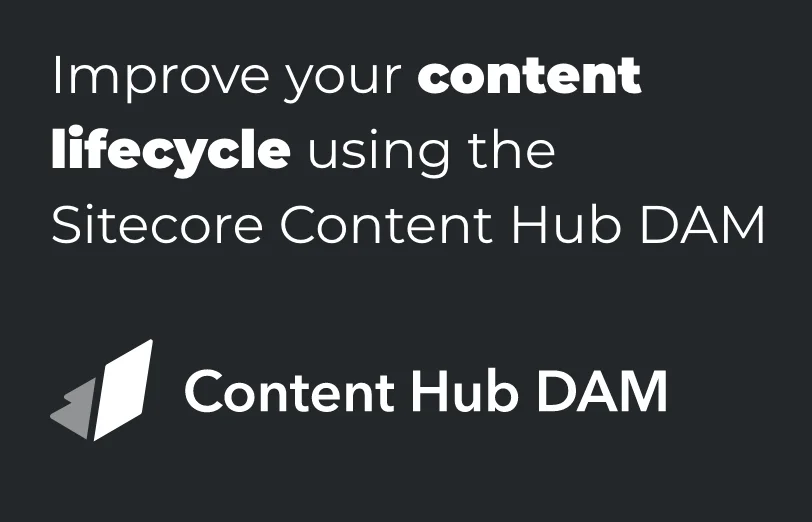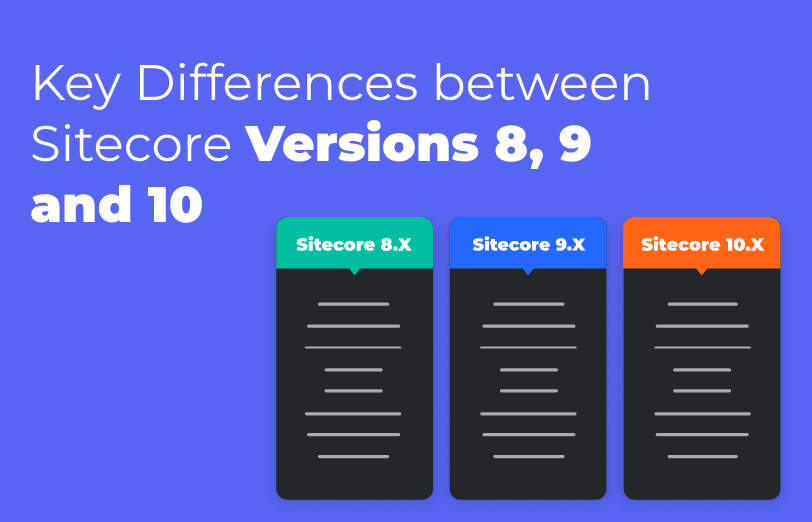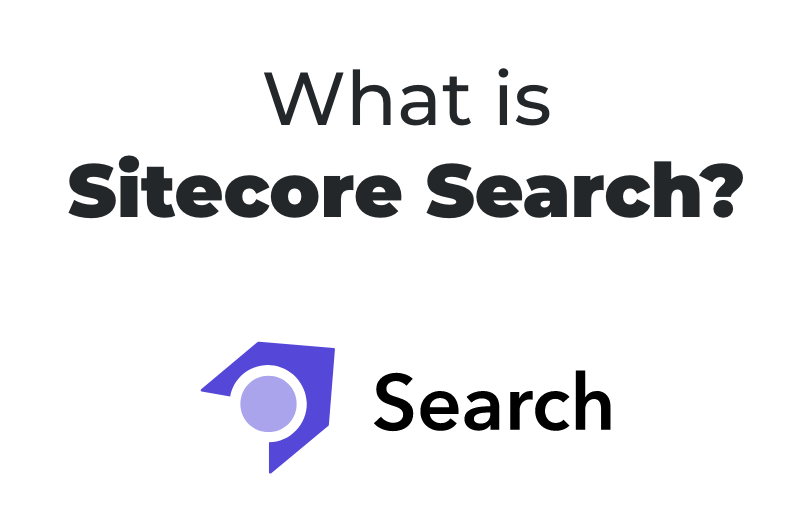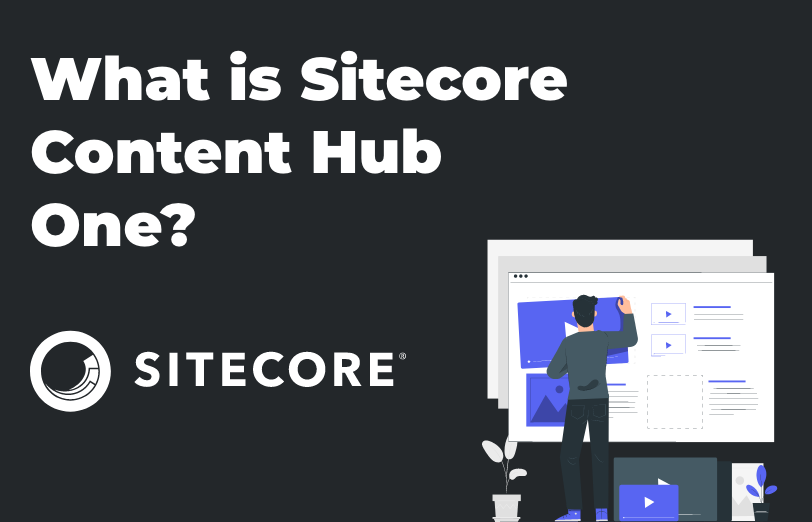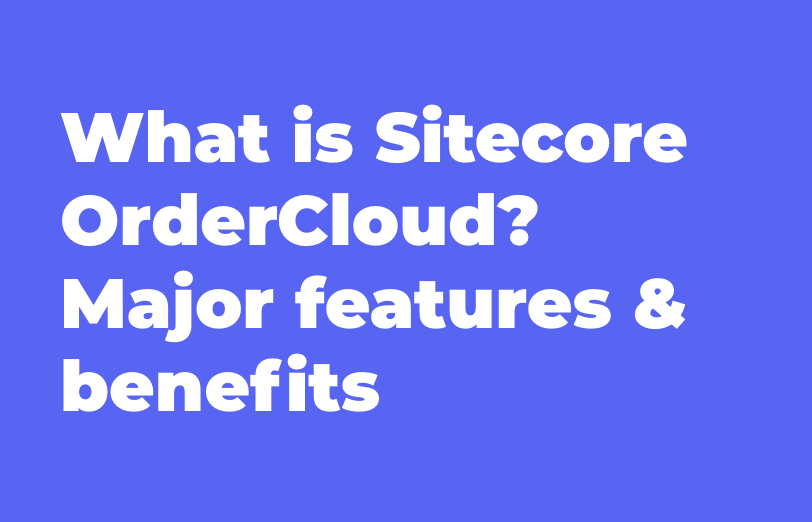Need An Accurate Estimate For Your Sitecore XM Cloud Migration Project? Kickstart Your Journey Here!
Get My EstimateIn today’s digital age, Content is the KING! Managing content efficiently is crucial for organizations and businesses that aim to stay ahead in this market with cut-throat competition. One emerging solution for this is the Sitecore Content Hub DAM.
Sitecore Content Hub DAM provides a centralized platform to streamline the entire content lifecycle of your organization. Through this blog, we will explore the importance of an effective content lifecycle, the challenges that are faced by organizations with this and how Sitecore Content Hub DAM can be a game-changer in this.
It is a journey that starts from the creation of content to when it is retired. It involves stages such as creation, approval, distribution, archival. Each of the stages plays a vital role to ensure that the content is efficient, effective and relevant.
1. Creation
This involves ideation, content development, and the initial gathering of digital assets. Whether it's text, images, videos, or other media types, managing these assets effectively from the start is crucial to maintaining consistency and quality in your content.
2. Approval
This stage involves collaboration among various stakeholders, including content creators, subject matter experts, and management. Efficient approval processes are essential to ensure that content meets quality standards, aligns with brand guidelines, and complies with any regulatory requirements.
3. Distribution
This stage is all about delivering content to various channels and platforms, such as websites, social media, email campaigns, and more. Effective distribution ensures that the right content reaches the right audience at the right time, maximizing its impact.
4. Archival
As content ages or becomes obsolete, it needs to be archived or retired. Archiving is crucial for compliance, resource optimization, and maintaining a clean and organized content library. Proper archiving practices also contribute to better performance and ease of content management.
Also, archival is important for when you want to reuse old content or repurpose it for any campaigns.
Fragmented systems
Content is often scattered across various platforms and departments, making it challenging to maintain consistency and coordination throughout the content lifecycle.
Inefficient approval process
Approval processes can become bottlenecks, leading to delays in content delivery. Inefficient workflows, manual reviews, and lack of visibility into the approval status can hinder the timely release of content.
Poor asset management
Digital assets, such as images and videos, are central to content creation. Inadequate asset management systems make it difficult to locate, reuse, and repurpose assets efficiently. This results in redundant efforts, decreased productivity, and potential inconsistencies in branding.
Lack of analytics
Without proper analytics, organizations may struggle to measure the performance of their content, identify successful strategies, and make data-driven decisions.
Sitecore Content Hub DAM facilitates efficient content creation by providing a centralized platform for collaboration. Content creators can access a unified workspace where they can ideate, develop, and organize content seamlessly.
The platform supports various media types, ensuring that all digital assets are managed in one place.
Some of the key features for content creation offered by Sitecore Content Hub DAM are:
-
Centralized workspace
-
Multimedia support
-
Version control
Another one of the strengths of Content Hub DAM is how it offers customizable workflows that can be tailored to an organization's specific needs. This ensures that approval processes are efficient, transparent, and tailored to the organization's unique requirements.
Sitecore Content Hub DAM offers features for workflows that include:
-
Customizable workflows
-
Automated notifications
-
Audit trails
Talking about distribution, the Content Hub DAM supports seamless content distribution across various channels and platforms. It integrates with Sitecore Experience Platform, allowing organizations to deliver content to websites, mobile apps, social media, and other digital touchpoints.
Key features for this distribution and publishing functionality are:
-
Integration with Sitecore Experience Platform
-
Personalization
-
Content scheduling
Sitecore Content Hub DAM of course, excels in digital asset management, providing a robust system for organizing, tagging, and retrieving assets. This empowers content creators to efficiently locate and reuse assets, reducing redundancy and ensuring brand consistency.
There are also features that allow you to do integrations with analytics platforms, access to key performance metrics, and reporting dashboards.
This enables organizations to make data-driven decisions and continuously optimize their content strategies.
Sitecore Content Hub DAM emerges as a comprehensive solution, addressing the challenges associated with content creation, approval, distribution, archival, asset management, and analytics.
By leveraging the features and capabilities of Sitecore Content Hub DAM, organizations can streamline their content workflows, enhance collaboration among stakeholders, and deliver impactful content across various channels
As the digital landscape continues to evolve, embracing innovative solutions like Sitecore Content Hub DAM becomes a strategic move for organizations aspiring to stay ahead in the content game.
Want to improve your Sitecore platform? Get a free audit now!

 About Us
About Us
 Careers
Hiring
Careers
Hiring
 Our Story
Our Story
 Let’s talk
Let’s talk







